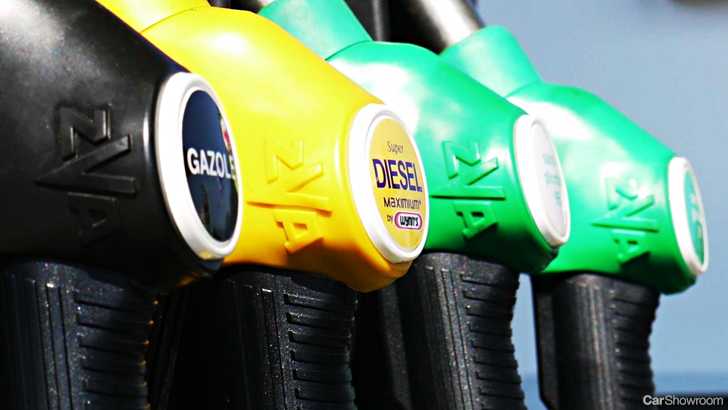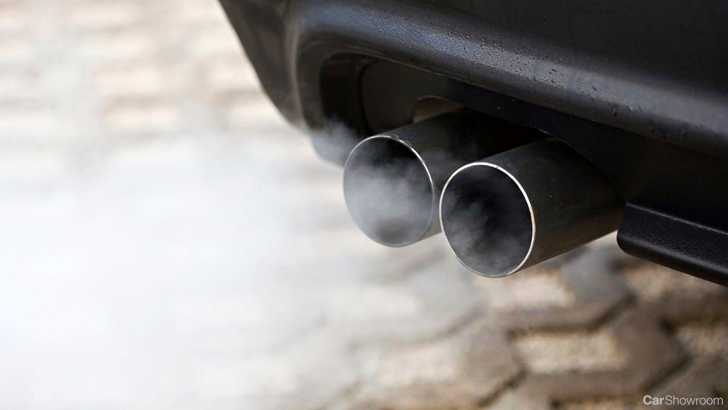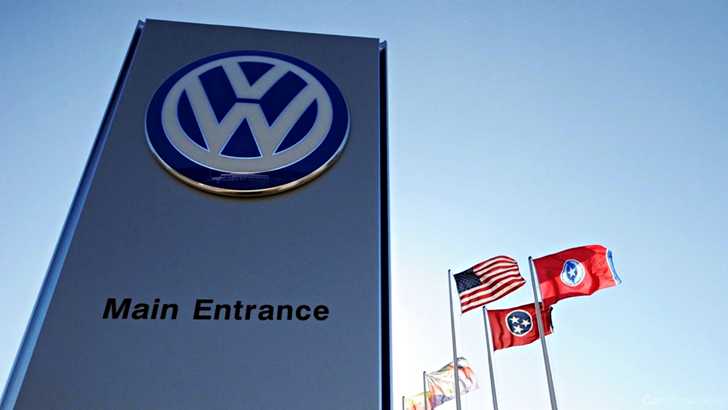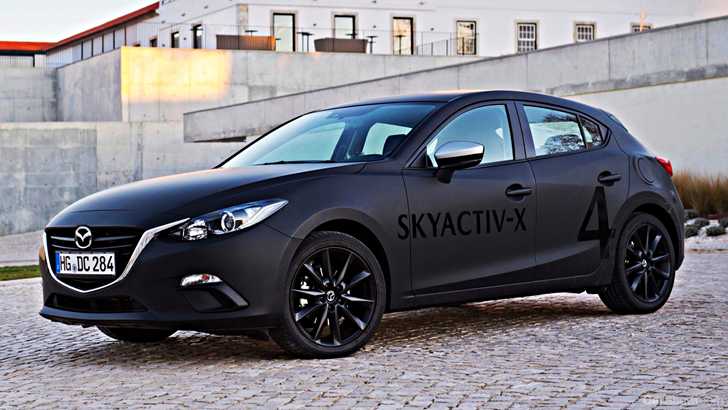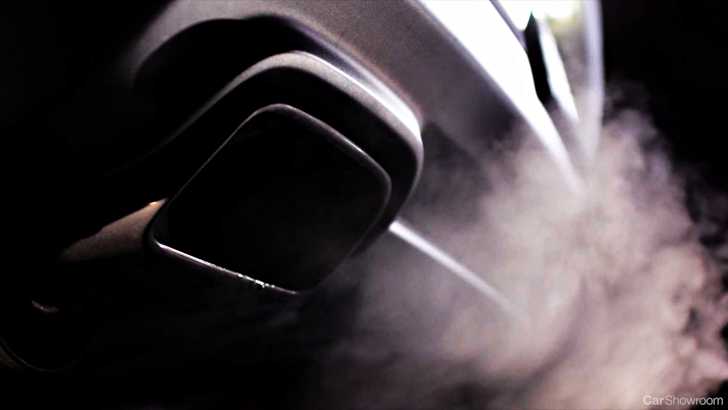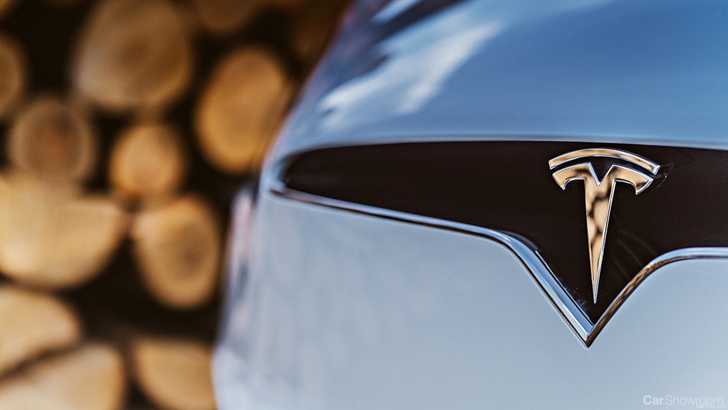They really ought to be able to formulate a better interim measure.
After marathon discussions, the government of Chancellor Angela Merkel decided that the way they were going to cut noxious gas emissions in worst-affected German cities would be to offer the owners of older diesel vehicles in the 14 most-polluted cities the option for incentivised trade-in deals, or a retrofit solution to cut down on tailpipe emissions.
Following the announcement that took place on Tuesday morning, carmakers & environmental activists were very fast to lambast the move, according to Reuters. Carmakers were neither consulted nor were made to commit to hosting or indeed paying for these retrofit options, which are known to be costly. They would rather the German government focus on the incentivised trade-ins, as it would boost their sales. They were even willing to offer discounted prices to spur the move towards newer diesel vehicles.
As for the activists, they feel that the German government isn’t being as harsh or as sharp as they could be towards the auto industry. While government officials are saying that the industry should be grateful that there’s a way to avoid diesel bans (as have been enacted in Hamburg), environmentalists are saying that they’re using the situation to create a sales bonanza for carmakers rather than taking significant steps towards curbing emissions.
This writer is incensed either way.
Since Volkswagen’s mammoth Dieselgate scandal broke in 2015, it’s come to light that the automotive industry as a whole has not necessarily kept to best practices in terms of what comes out of the exhaust. Volkswagen were rather crafty with how they implemented their testing-circumventing software; Other carmakers simply fudged the data they submitted (voluntarily) to the relevant authorities.
We seem to be missing the bigger picture here. Last week Porsche announced they were killing diesels from their range altogether, citing that growing concerns regarding the fuel in addition to moving buying trends motivated their decision. This is probably wise for Porsche, but as far ‘alternative propulsion’ options go, electrified powertrains and hybrids (even 48V mild-hybrids) are still too costly for the average Joe.
What we forget to think about is the efficiency of internal combustion at all. Since the internal combustion engine was pioneered back in the late 1800s, there’s actually been rather little innovation insofar as the basic mechanism of the system. While we have developed different combustion cycles for different applications, and worked on things like direct fuel injection, the basic principles of the internal combustion remain relatively unchanged.
This was most recently brought to the worlds’ attention when Mazda, the slightly-nutty group of engineering nerds in Hiroshima, debuted the SkyActiv-X engine. With SkyActiv-X, the company highlighted the virtues of compression-ignition petrol engines, said to deliver the fuel consumption levels of a diesel despite the refinement of a petrol engine, and running on the latter fuel type too. This is perhaps one of the biggest leaps forward we’ve seen in internal-combustion technology we’ve seen since ICEs debuted ever so long ago.
Mazda’s continued commitment to internal combustion technology, for both petrol & diesel, also speaks volumes. The Hiroshima boffins say there’s still alot more to be unlocked from the suck-squeeze-bang-blow system, and having proven themselves both with the Wankel engine that propelled the company to greatness and the innovations that SkyActiv-X is championing, we’re inclined to believe them.
Further, the media-stoked furore over the Dieselgate scandal has led to the demonisation of the fuel, which is predominantly baseless. Palm oil-blended diesel is prevalent in Southeast Asian nations, and is known for resulting in greatly-reduced tailpipe emissions even with blends as low as 2%, and require zero modification in to the engine. The same goes for ‘bio-diesel,’ which is slowly gaining popularity, as evident in a number of people that run their diesel cars on highly-refined, used cooking oil. And as far as we can tell, the only drawback to that is making people hungry while you idle at stop lights because your exhaust will smell suspiciously like your local chippy.
The next major hurdle we have to look at as we move wholeheartedly towards ‘Mobility 2.0’ are the shortcomings in electric battery technology. While we have made (and continue to make) huge strides in terms of energy storage innovations, a smart battery remains at the peril of the infrastructure that powers it. It’s great to have a battery you can charge at 100kW, but who has a charger like that anyway? Can our electricity grids even take that kind of load, if brought about en masse? The energy corporations are surprisingly quiet about this, as if they want to wait until there’s major blackouts in densely-populated areas to justify jacking up their rates.
Electric cars aren’t ready just yet, and ICE shouldn’t be abandoned yet either. As a society, we have thrown ourselves wholeheartedly behind ICE cars and their necessary infrastructure for far too long. Since the conception of the motorcar, we’ve stopped designing cities around people and designed them around cars, integrating the service centres, showrooms, and fuel stations needed to keep wheels turning without question or pause. We can’t just uproot everything to make way for the electric wave, particularly an electric wave that isn’t even fully realised yet.
Like the carmakers, we too believe that retrofitting is not the best solution for this particular German problem. While incentivising trade-ins to move people towards new technology is fine in the interim, we urge carmakers to keep plunging in billions of dollars into proper ICE research and development, the way Mazda has done. If leaps forwards like SkyActiv-X engines were more commonplace, and the narrative around diesel more accurate, perhaps there’d be a way to save the internal-combustion engine for just a little bit longer, even if only as we wait for EVs to fully gestate. The sheer amount of engineering talent that exists in the automotive industry says that we’re entirely capable of making the impossible possible, leaving the only question unanswered is political will.
We cannot afford to move the industry so significantly solely on the basis of what is fashionable, particularly if such a move is half-arsed at best. We, the world, deserve better.
Stay tuned to CarShowroom as we bring you more updates as they come.
